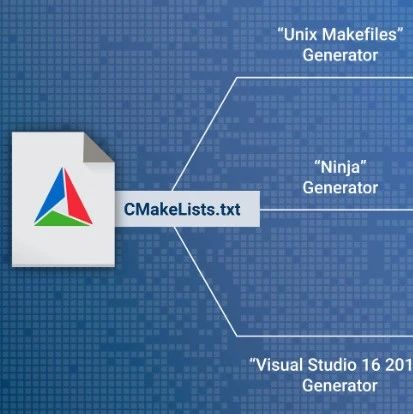Common Syntax of CMake (Environment Variables)
Previous Exciting Content:CMake Hello, WorldCMake VariablesCMake Official Tutorial (Basic Project Setup)CMake Official Tutorial (Library Creation)CMake Official Tutorial (Usage Requirements)CMake Official Tutorial (Installation and Testing)CMake Common Syntax (if Statement)CMake Common Syntax (Cache Variables) In CMake, environment variables have the following characteristics: 1. The scope of environment variables is global and they are not cached. 2. They … Read more









